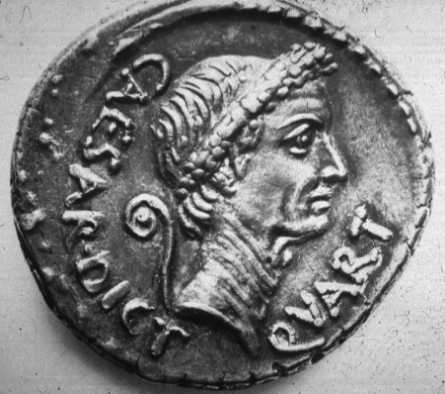This sorta traces back to my questions about God's intevention (when, where, and how).
Revelation 3:14-22 is a rather common passage for evangelicals, as it mistakenly serves as a warning against the temptation to become complacant ("lukewarm") in your faith. But when you read the whole stinkin' passage you realize it's about wealth--not faith! Vss. 15-16, "I know your works; you are niether cold nor hot. I wish that you were either cold or hot. So, because you are lukewarm, and neither cold nor hot, I am about to spit you out of my mouth. For you say, 'I am rich, I have prospered, and I need nothing.' You do not realize that you are wretched, pitiable, poor, blind, and naked." This is a daunting message for the Laodiceans, who probably thought they were doing alright in this world, given their prosperity and all.
I'd rather be from the church in Smyrna, which is addressed just a chapter earlier in 2:8-17. Vs. 9, "I know your affliction and your poverty, even though you are rich. I know the slander on the part of those who say that they are Jews and are not, but are a synagogue of Satan."

Aight. What about this? If Rome is the big bad devil in this book of end times, and if everything that Rome does is evil, then that includes their economic system. Their coins are marked with the face of Caesar and other "lords," their taxation system is inherently corrupt, and their rich prosper off of the weakness of the poor. So the Smyrna folk refuse to participate in Rome's systemic evil. They are materially poor. Yet, John says they are rich--rich in their faith, rich in the promises of fulfillment that depend on Christ's return, and rich because God's heart is tender toward them.
Down with the rich, tepid, Laodiceans. They are indifferent to the corruption of Rome; they participate in her politics by gambling in the game of empire economics, and while they are secure in their possessions, too bad their eternity is marked by an absence from God. (I mean, "spit from the mouth of God?" That's a fairly vivid image!)
So if God's blessing resides on the materially poor, who claim their riches in Christ and who will be completely wealthy in the future for faithfully sitting at the table of kingdom economics, and not at one of those other temporal, luck-bound casino tables, if God's blessing is on them, then why do they still have to worry about the bills each month, the piles of debt, the lack of education their children receive, the multiple minimum wage paying jobs they work that still leave them financially destitute and exhausted?! I kind of want to scream on their behalf, "If you love us so much, and if we're so blessed, then where the hell is our shelter, water, and food? I'm sick of waiting for the final fulfillment; I'm tired and hungry."

It sure is a subversive picture of love and grace, you have to admit. One that the world will never understand. One that I often fail to get, even though I claim allegience to God's economic pattern. It bothers me that those over at the roulette wheel, playing with their stocks, negotiating meeting times with their financial advisors, and careless about those their power hurts are so comfortable (I won't say content or happy).
What does it mean to consider ourselves blessed? If God knows our afflictions, and the ultimate victory is alive in the power of the resurrected Christ, what is this middle time in the course of the history and future of the world all about? I am going to stop asking questions right now and go read
Paul Ricoeur's, The Symbolism of Evil. Maybe that will make some sense of it all for me. (just kidding...I'm not
that big of a dork.)
But seriously, when we consider the marginalized, this message of redemption and restoration sure does get bigger and better! Amen?
 We drove by another one last night worthy of mention, but I didn't have my camera...argh!
We drove by another one last night worthy of mention, but I didn't have my camera...argh!








